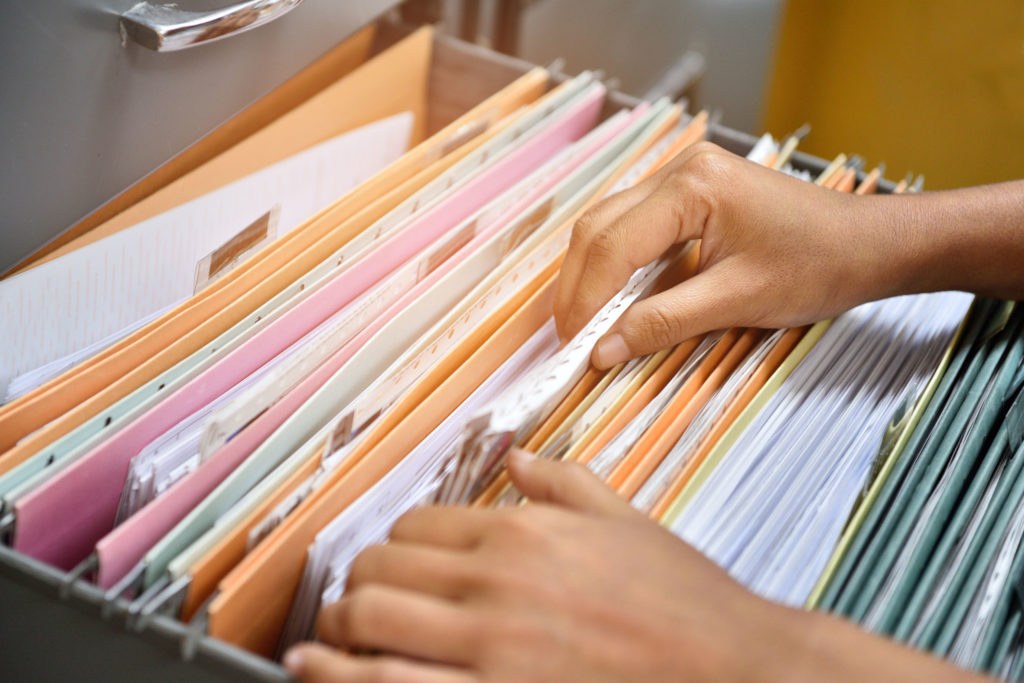

- #Small business record keeping install#
- #Small business record keeping manual#
- #Small business record keeping password#
- #Small business record keeping professional#
However, if you do want to keep a copy of those records, you can digitize them by scanning them with a receipt scanner or a document scanner before discarding the original paper documents. Most financial institutions, including credit card companies and banks, send customers electronic statements, so keeping paper versions on hand may be unnecessary. Non-tax-related bank and credit card statementsĪlso, don’t throw away any records related to your current year’s tax preparation or any unresolved health insurance premiums or disputes for at least a year.Records that you need to keep for at least one year include the following: This includes your W- forms, receipts, and payments.Īdditionally, keep records of any assets you own, like receipts for home renovation work, for as long as you own those assets. You should also keep records of any business transactions that support your income statement and the information on your taxes for up to seven years.
#Small business record keeping professional#
The time limit for filing a state tax return varies from state to state, so work with a tax professional to get tax forms and determine the time limit in your state. However, in some situations, the IRS can go back six or seven years to audit your taxes. The IRS mandates 3 years for the statute of limitations for an audit. This will ensure that you have all the information you need in case of an audit. You must keep your tax records for at least seven years. The following are other documents that are essential to keep, and the timeframes for keeping them are as follows. It is important to ensure that all retention and disposal schedules are followed correctly for each type of record. Understand the lifecycle of business recordsīusiness owners must keep some important financial documents for a certain period of time for tax filing and auditing purposes.
#Small business record keeping password#
So be sure to secure your online business records with a strong and unique password and enable two-factor authentication. However, storing records digitally also increases the risk of data breaches, which can result in them being stolen or seen by the wrong eyes. Storing your important documents in digital form is a good idea as it protects them from being lost, damaged, or destroyed. That way, you’ll still have the others if something happens to one of them. Remember, if you have more than one copy of something, keeping each copy in a different place is essential. The more copies you have, the less chance there is of you losing the documents. For example, you could have your important documents on paper and on a hard drive, or on one of the previous and on the cloud. Therefore, having backup copies of your important documents in a safe place ensures you won’t lose them if something bad happens.īe sure to store your records in at least two places. There are many ways in which our important records can be lost or damaged, like natural disasters, electrical fires, or even malicious intent. This type of management system protects your sensitive documents with passwords and verification, can be easily backed up to prevent loss or damage to documents, and can be semi-automated to ensure everything is kept up to date.
#Small business record keeping install#
It’s even possible to install a document control system that determines how often documents are reviewed and updated. You can set up a digital document management system to help keep track of all your business documents. Instead of having paper records in your drawers and clogging up your desk, try going paperless so you can access your records easily, at any time, from anywhere. Incorporate a good document management system into your businessĪs your business grows, you’ll need to keep track of an ever-increasing number of business documents and files.


The table below categorizes the three types of documents to keep as a small business owner: Expense relatedĮxample categories of documents that a small business owner should keep 6 simple record-keeping best practices for small business owners 1.
#Small business record keeping manual#
Whether you manage your records with a software program or a manual form of record-keeping, it is important to know which types of records you should keep.ĭocuments like receipts, gross receipts and small business expenses, debits, and credit statements should be stored for easy retrieval.


 0 kommentar(er)
0 kommentar(er)
